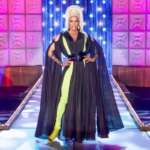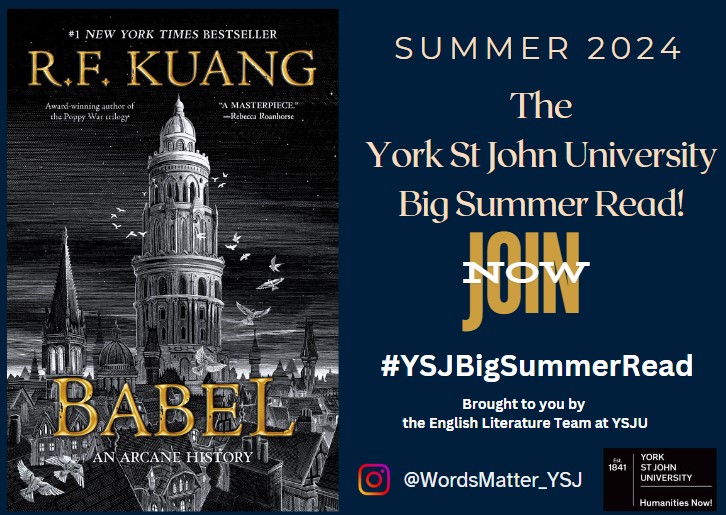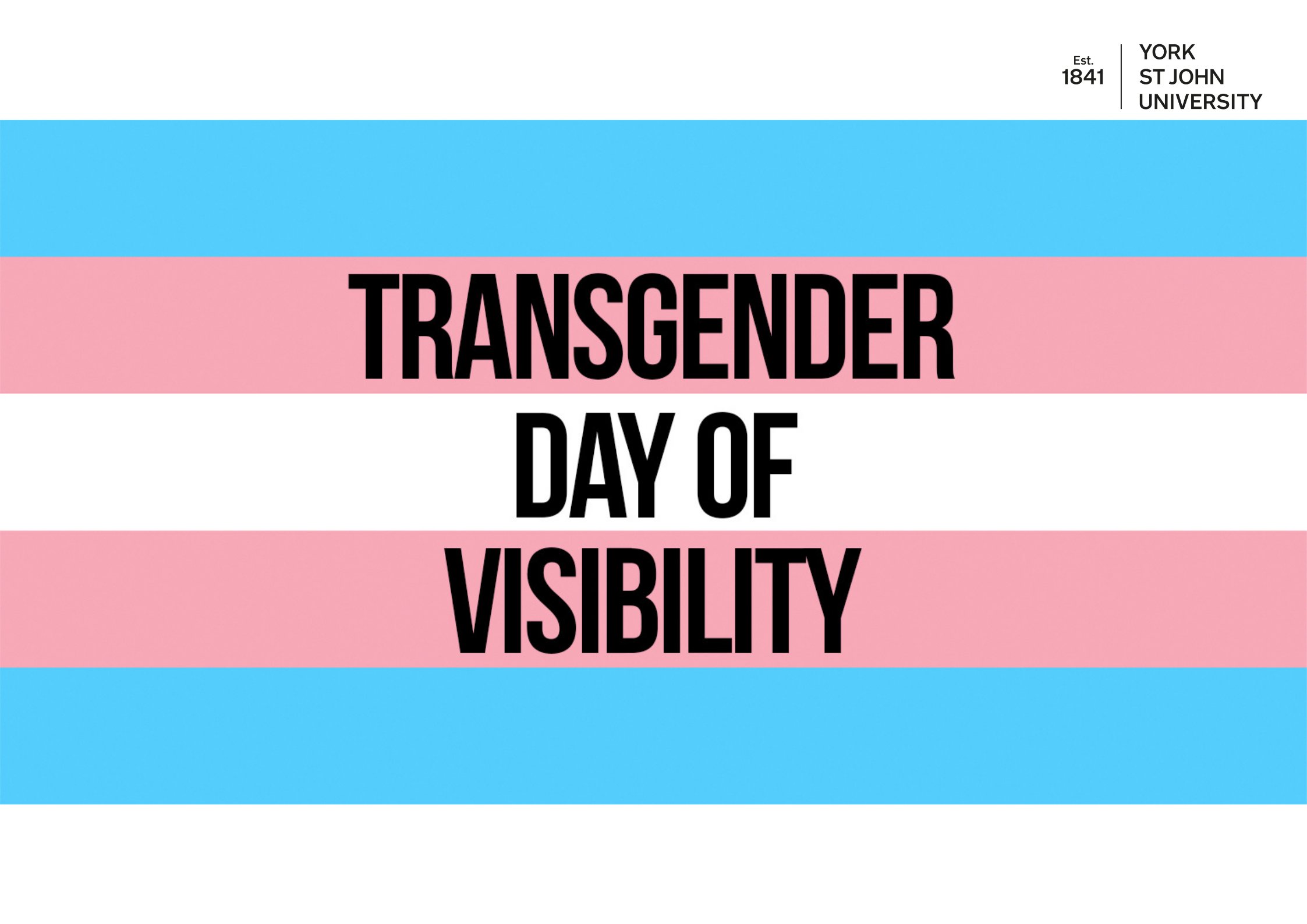“To she, or not to she?” Spanish ERASMUS exchange student Roger Tomas Arques recently took our Shakespeare Perspectives module. For Pride Season 2023, he looks at the connections between Shakespeare’s theatre and Ru Paul’s Drag Race.
Recently, I was watching RuPaul’s Drag Race: All Stars 8’s new episode as I do every Friday and then I thought something. Did you know that when watching RuPaul’s Drag Race you are seeing a Shakespearean thing?

“Drag may trace its roots to the age of William Shakespeare, when female roles were performed by men”. In Shakespeare’s times, women were not allowed to be on stage, so men were playing women’s roles. During those days acting was not considered a very refined work, so if a woman acted, she would be considered a sex worker. As Shakespeare’s contemporary said, “Our Players are not as the players beyond sea, a sort of squirting baudie Comedians.” (Thomas Nashe) However, it was not just a costumes thing. The writer had to find men that could perfectly represent a woman with their gestures, movements, and so on.
Now drag has changed and everyone can do it.

RuPaul’s Drag Race has helped to mainstream this art and make it available to everyone. During the first seasons, they did not refer to Shakespeare at all. However, in season seven they did an episode called Shakesqueer (2015), which is full of references to the Bard. The first one is made by RuPaul himself while introducing the show, when he says, “To she or not to she?” (RuPaul, 3:17). At that point, the queens may start to suspect that the maxi challenge of the week will be about the British author. Then, Ru appears and explains to the girls that they will need to divide into two groups to play the queer adaptations of two Shakespeare classics. The first group will have to do MacBitch, which is obviously inspired by the play Macbeth, and the second group will have to play Romy and Juliet, an adaptation of Romeo and Juliet. Surprisingly, most of the queens had worked in Shakespeare’s plays, so they were familiar with it. They also did some jokes about the author: “I’m so excited. I’ve done Shakespeare plenty… and he liked it every time” (Ginger Minj, 10:43). When it comes to the adaptations, sadly for the MacBitch team they did really badly and as a viewer you could not really get the references to the original play. However, the Romy and Juliet team did so well, and they really knew how to act. That play was the same as the original one, but in this case, the “two houses” were not families related by blood ties, they were competing “houses” of chosen families, following the New York queer ball culture. Team Romy and Juliet also audaciously changed the ending: in this case Juliet died because Romy’s skirt smelled bad, and Romy died doing a “death drop”, also called “dip”, which is a movement in which Vogue dancers finish their dances.
Now you know, if someone tells you that you should not be wasting your time watching Drag Race because it is not giving you any culture, you can tell them that you are doing research for your literature class. I used that with my mother, and it worked!




